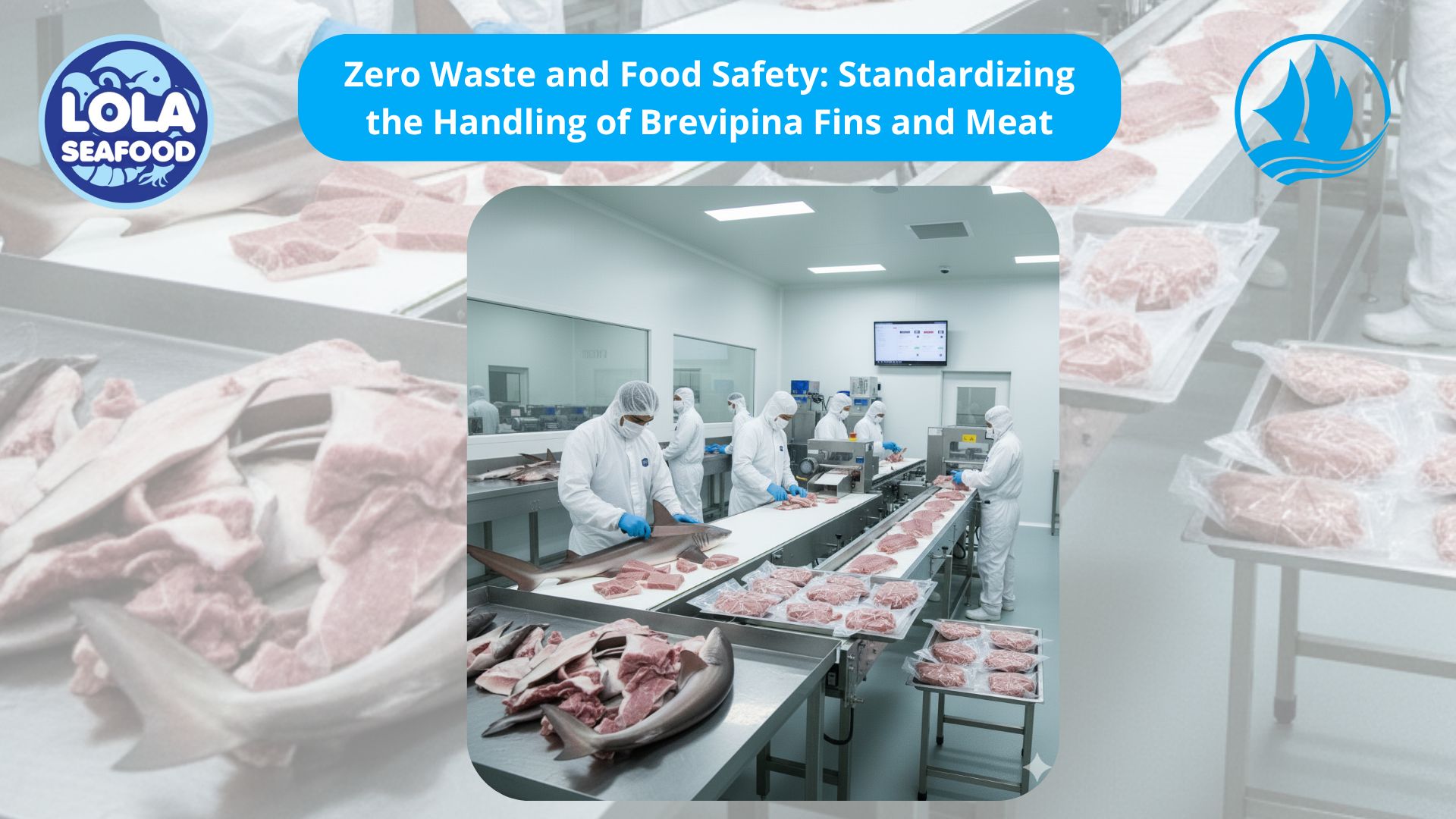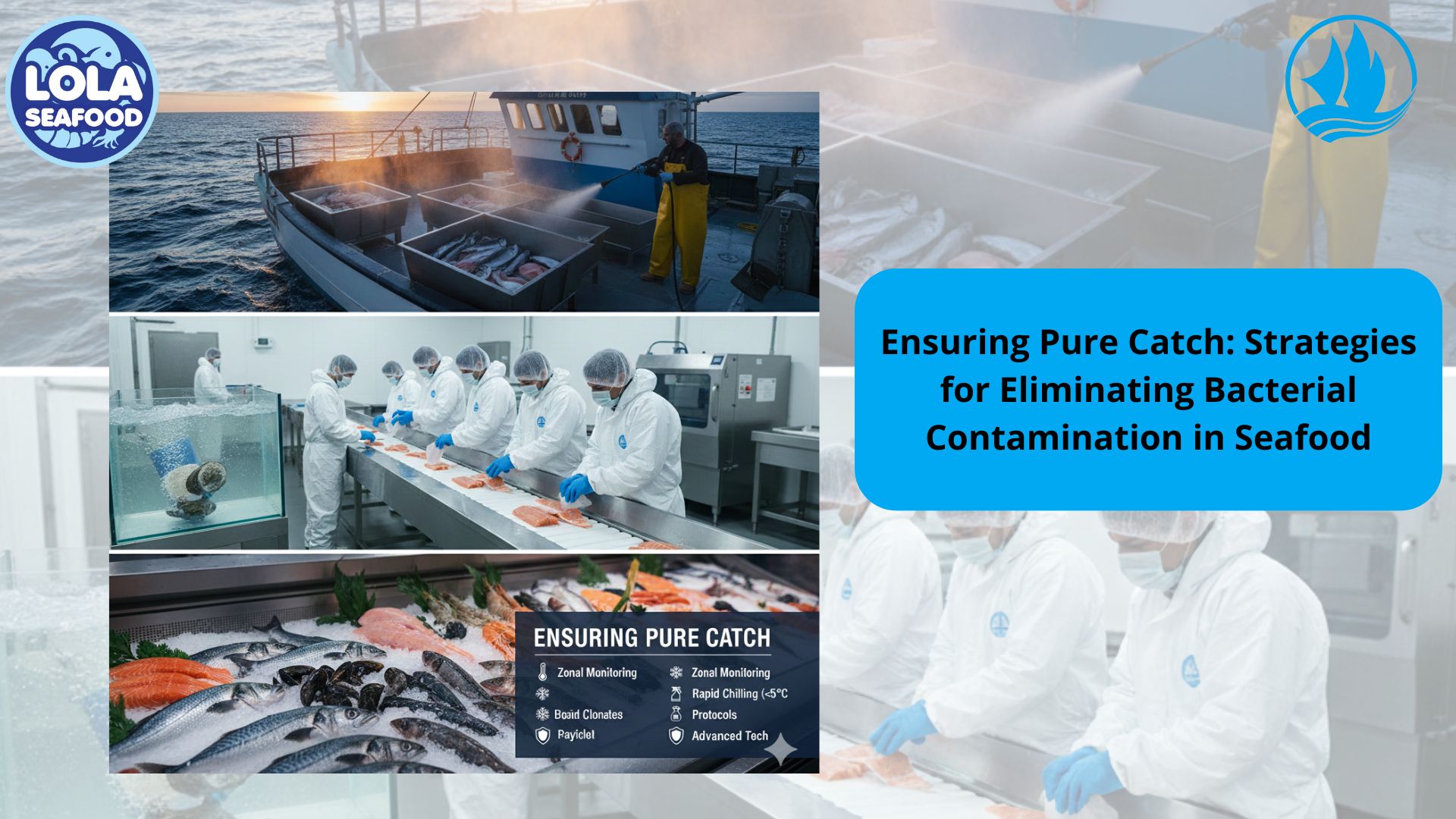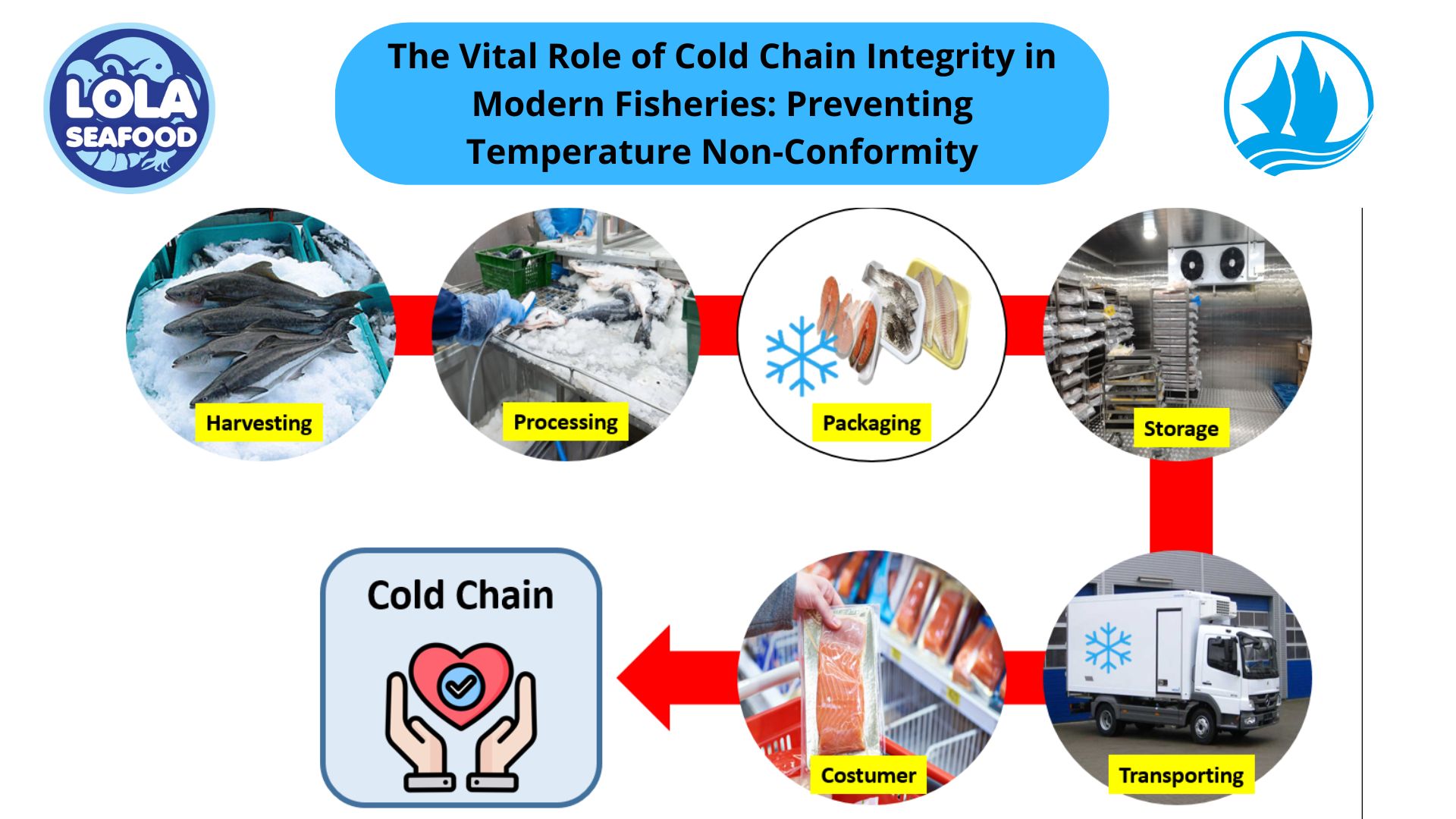This Is Why the Parrotfish Is the Guardian of The Coral Reef
By. Puji Widyastuti - 31 Dec 2024.jpg)
Kelolalaut.com Parrotfish, with their vibrant colours and unique behaviours, are among the most fascinating inhabitants of the world’s tropical and subtropical coral reefs. These remarkable fish play a pivotal role in maintaining the health and sustainability of reef ecosystems, making them indispensable to marine biodiversity.
Physical Characteristics and Diversity
Parrotfish are so named for their distinctive beak-like teeth, which resemble a parrot’s beak. This specialized dental structure allows them to scrape algae off coral surfaces and rocks, their primary source of food. With over 90 species distributed across the globe, parrotfish exhibit a stunning array of colours and patterns, ranging from bright blues and greens to dazzling yellows and pinks. Their colouration often varies between genders and changes throughout their life stages, a phenomenon known as sequential hermaphroditism.
Ecological Importance
Parrotfish are vital to the health of coral reef ecosystems. By feeding on algae, they prevent algal overgrowth that can smother corals and inhibit their growth. This grazing activity promotes coral health and ensures that reefs remain vibrant and resilient. Additionally, parrotfish contribute significantly to the production of sand in tropical regions. When they consume coral, they grind it in their digestive systems and excrete it as fine sand, creating the picturesque white beaches many tropical destinations are famous for.
Life Cycle and Behaviour
Parrotfish have complex life cycles characterized by multiple stages, including initial, intermediate, and terminal phases. These phases are often associated with changes in size, colour, and reproductive roles. Most parrotfish begin life as females and can later transition to males, a process that enhances their reproductive success in environments with fluctuating population dynamics.
At night, some species exhibit a fascinating behaviour. They secrete a mucus cocoon that envelops their bodies. This protective sheath helps mask their scent from predators, such as moray eels, allowing them to rest undisturbed. This unique adaptation highlights the intricate survival strategies these fish have developed over millennia.
Threats and Conservation
Despite their ecological significance, parrotfish face numerous threats. Overfishing, habitat destruction, and climate change are among the most pressing challenges. In many regions, parrotfish are harvested for their meat, a practice that disrupts reef ecosystems by reducing algae control. Additionally, coral bleaching and ocean acidification, driven by global warming, jeopardize the habitats they depend on.
Efforts to protect parrotfish and their habitats are gaining momentum. Many countries have implemented fishing bans or restrictions on parrotfish to preserve reef ecosystems. Marine protected areas (MPAs) have also been established in key locations, allowing populations to recover and thrive. Public education campaigns emphasize the importance of parrotfish to coral reef health, fostering a sense of stewardship among local communities and tourists alike.
Parrotfish and Human Connection
Beyond their ecological role, parrotfish captivate divers and snorkelers with their vivid appearances and intriguing behaviours. They are often featured in underwater photography and documentaries, serving as ambassadors for coral reef conservation. Their presence in marine tourism generates significant economic benefits for coastal communities, highlighting the interconnectedness of ecological health and human well-being.
Parrotfish are not only vibrant symbols of tropical marine life but also essential custodians of coral reef ecosystems. Their role in controlling algae, producing sand, and supporting biodiversity underscores their importance in maintaining the delicate balance of oceanic habitats. Protecting parrotfish through sustainable practices and conservation efforts is not only crucial for the survival of coral reefs but also for the countless species, including humans, that depend on these ecosystems for their livelihoods and inspiration. As stewards of the oceans, we must prioritize the conservation of these extraordinary fish to ensure a healthy and thriving marine environment for generations to come.
If you are interested in our Parrotfish Fillet Skinless please do not hesitate to contact us through email and/or whatsapp.
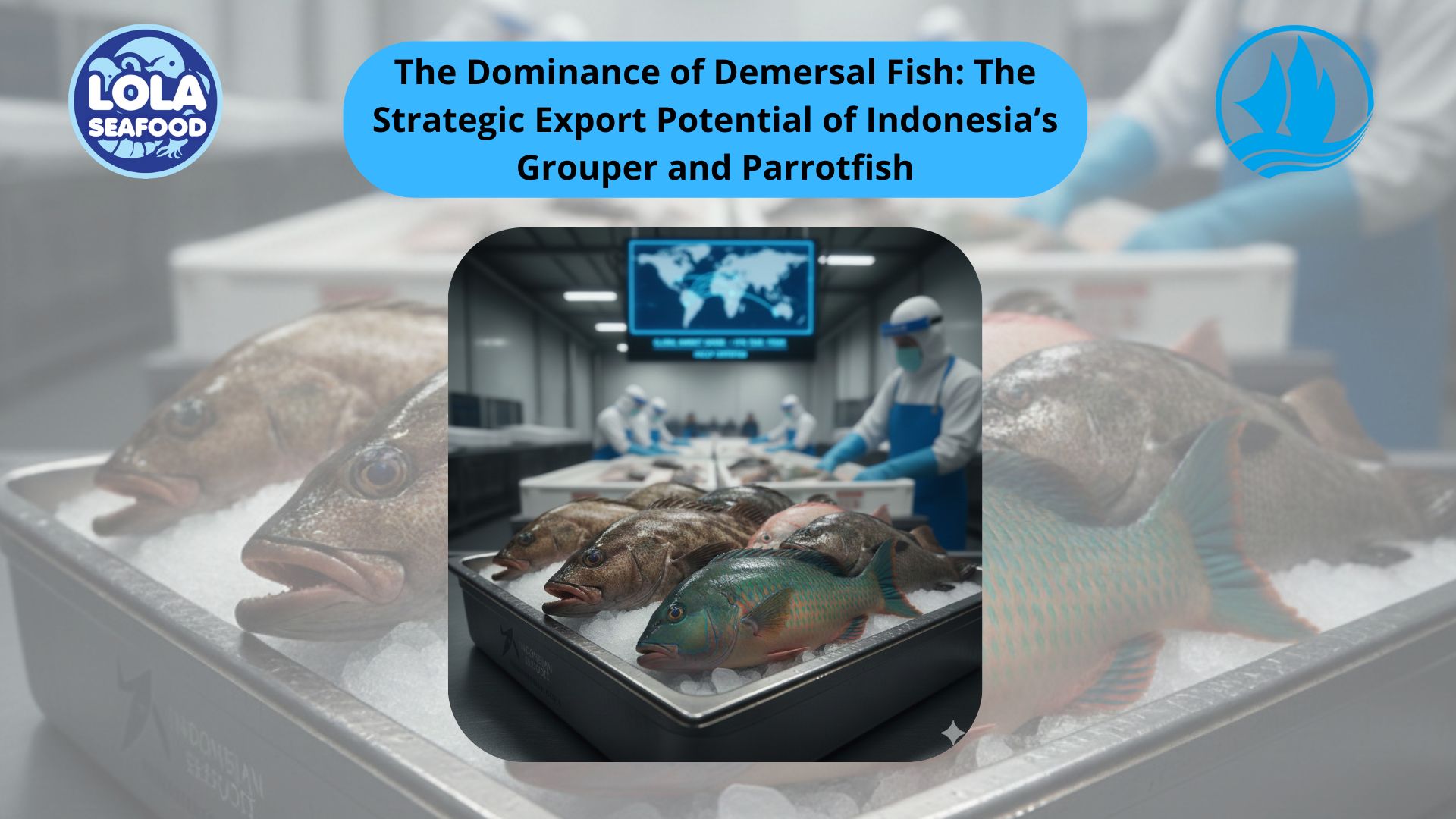
The Dominance of Demersal Fish: The Strategic Export Potential of Indonesia’s Grouper and Parrotfish
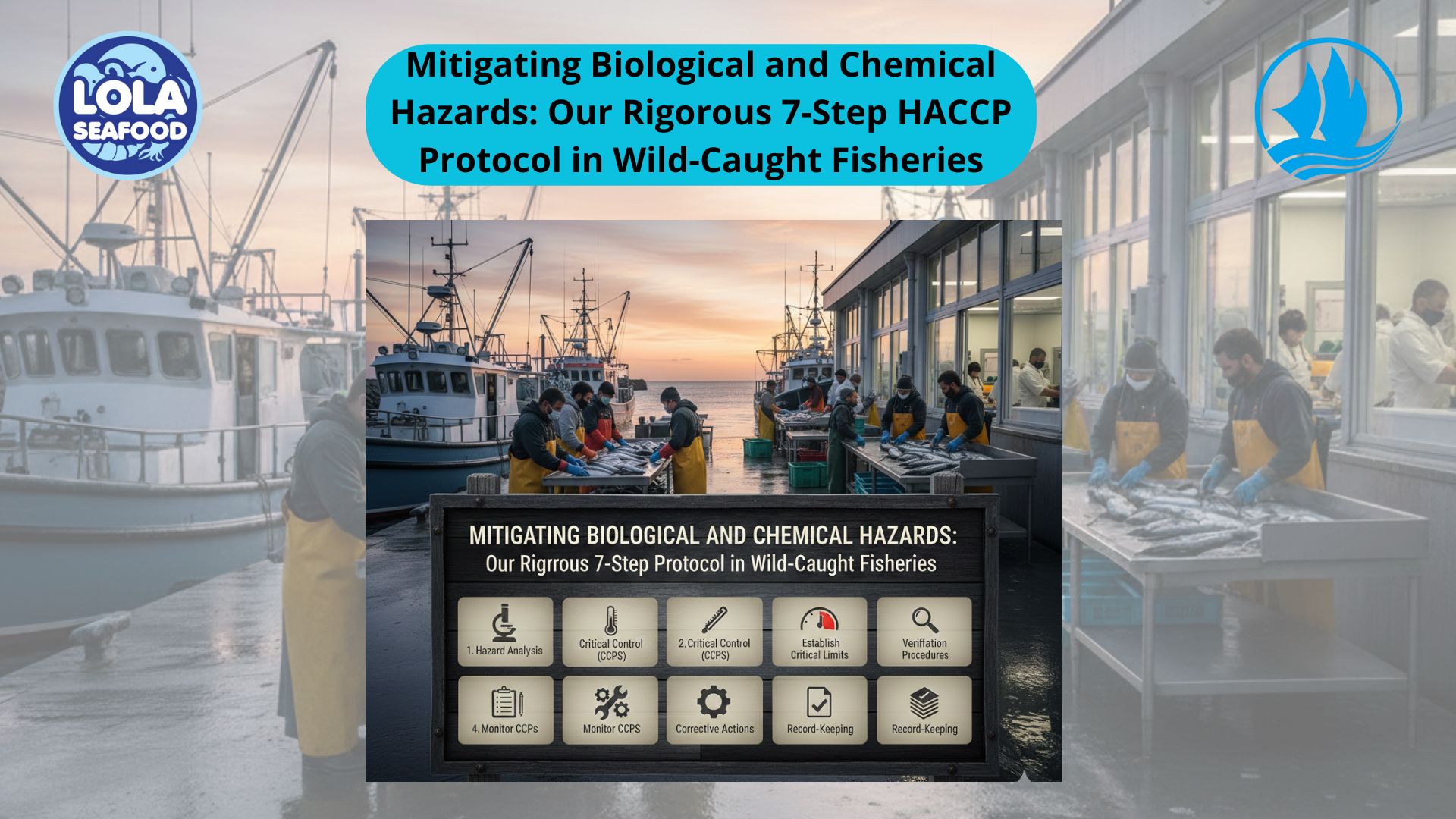
Mitigating Biological and Chemical Hazards: Our Rigorous 7-Step HACCP Protocol in Wild-Caught Fisheries

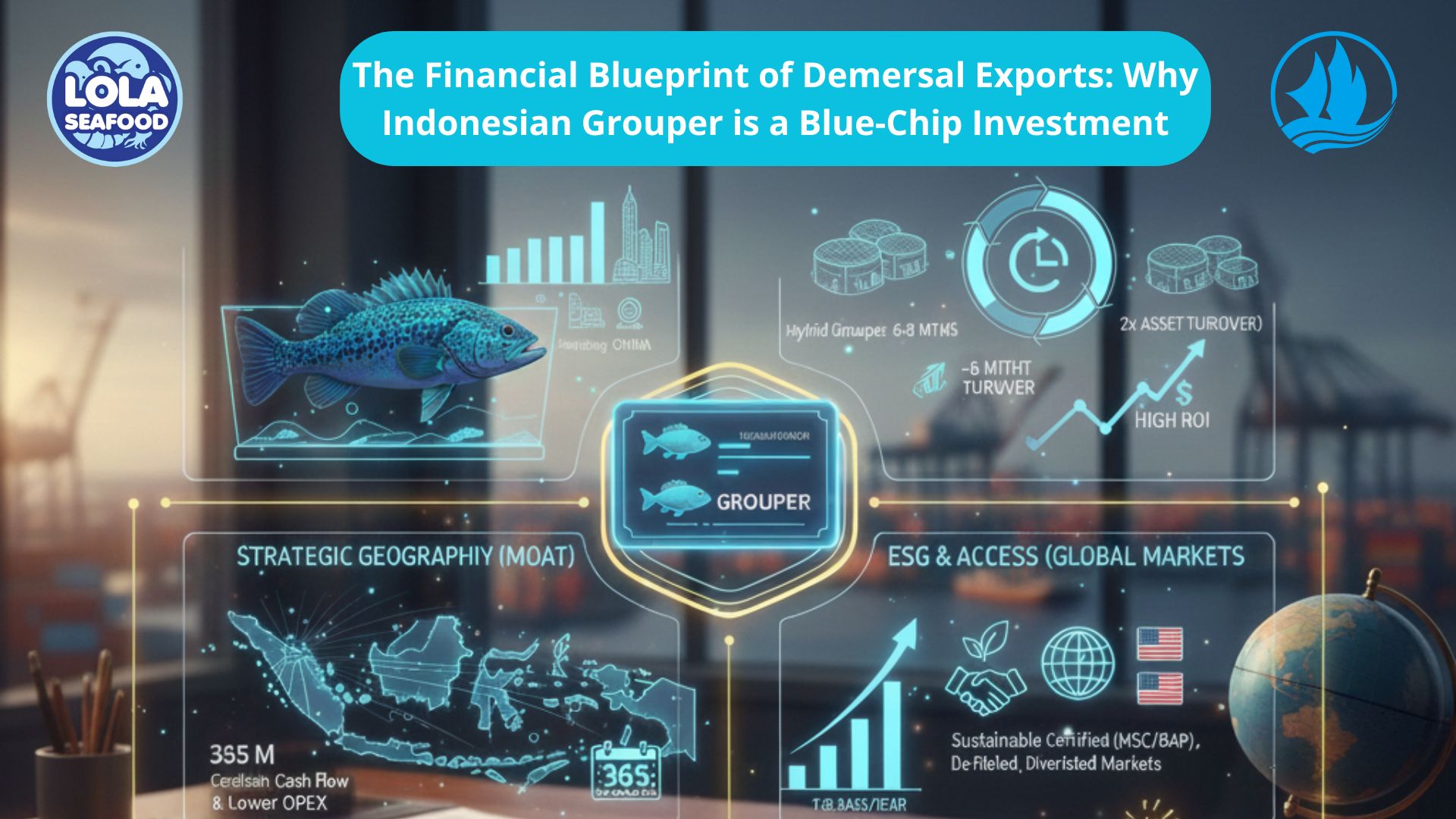
.jpg)
